I would like to change a given block of the following image, and then rebuilding image back.
I would like to divide and change pixels from 224x224x3 blocks from such an image. As the image is 1024x1024x3, there will not be an integer number of 224x224x3 blocks, numpyso, I have to select a sub-area of the image to fit the block shape, like as follows:
>>> block_shape = np.array((224, 224, 3))
>>> nblocks = np.array(img.shape) // block_shape # integer division
>>> crop_r, crop_c, crop_ch = nblocks * block_shape
>>> cropped_img = img[:crop_r, :crop_c, :crop_ch]
The cropped image is, therefore, a sub-area of the image that will select non-overlapping blocks of 224x224x3 pixels
>>> cropped_img.shape
(896, 896, 3)
>>> Blocks = view_as_blocks(cropped_img, block_shape=(224, 224, 3))
>>> Blocks.shape
(4, 4, 1, 224, 224, 3)
Now, just suppose I want to change the pixels of a given block, like zeroing all pixels of the first block:
Blocks[0,0,:,:,:,:]=Blocks[0,0,:,:,:,:]*0
Now I have the blocks with one block changed. Then, I need to recover cropped_img with that block changed (by converting variable Blocks back to be only one image/NumPy array), and finally, save the image. How to do that in Python?
P.s= I checked a similar thread (Reverse skimage view_as_blocks() with numpy.reshape()) but the image considered has a different shape, channels and also the order of channels is different.







